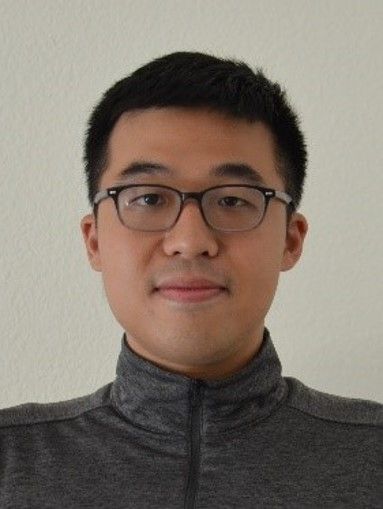
Baihong Jin– Dept. of Electrical and Computer Engineering – UC Berkeley
Wednesday, February 24th, 2021
Zoom Webinar Link
2:00PM – 3:00PM
Abstract: Anomaly detection techniques are important in system health monitoring applications (e.g., fault detection and disease diagnosis). By recognizing suspicious patterns in data, anomaly detection models can tell whether a system has degraded from the normal operating condition into a faulty or diseased state. To avoid unnecessary losses, it is desirable to have a way to identify incipient anomalies, i.e. to detect potential problems in their early stages of development. In buildings, early detection of incipient faults can help reduce maintenance and repair costs, save energy, and enhance occupant comfort. In healthcare, if incipient diseases can be discovered early, effective treatments can be applied and can prevent diseases from progressing into more severe stages. We will show that ensemble learning methods can give improved performance on incipient anomalies and identify common pitfalls in these models through extensive experiments on two real-world applications — detection of chiller faults and diagnosing diabetic retinopathy diseases. A theoretical analysis that compares the two popular strategies for extracting uncertainty information will also be given. We will also discuss how to design more effective ensemble models for detecting incipient anomalies.
Biography: Dr. Baihong Jin is currently a postdoctoral scholar at the Department of Electrical Engineering and Computer Sciences at University of California, Berkeley, where he received his PhD degree. Before that, he received a B.S. degree in microelectronics from Peking University, Beijing, China. Baihong is also a research affiliate in the Energy Technologies Area at the Lawrence Berkeley National Lab. Baihong’s research interests include machine learning, fault management, and anomaly detection techniques, with a focus on their applications in energy cyber-physical systems and healthcare AI. Baihong is a recipient of the Lotfi A. Zadeh Prize for his dissertation research at UC Berkeley.
—
Host: Pierluigi Nuzzo
Center for Cyber-Physical Systems and the Internet of Things (CCI) http://cci.usc.edu
Ming Hsieh Institute for Electrical and Computer Engineering (MHI) http://mhi.usc.edu
